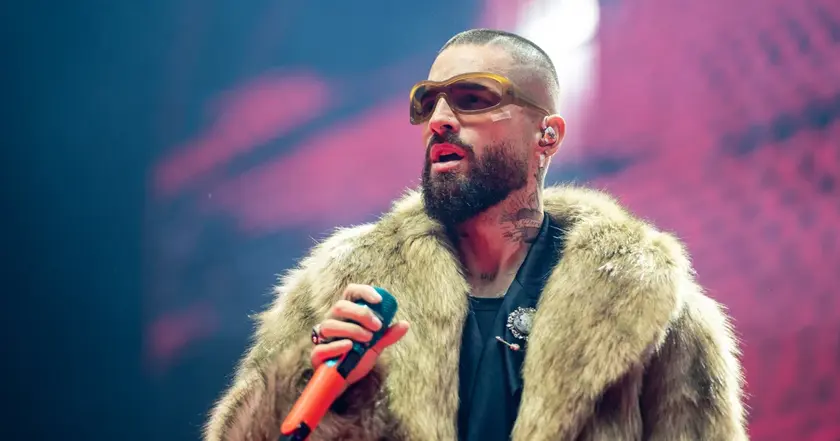T4K3.news
Chávez Jr deported to Mexico
Boxer Chavez Jr has been deported to Mexico after U S detention and cartel ties allegations.

A high profile boxer faces cross border legal battles as Chávez Jr is deported after U.S. detention and Mexican authorities pursue drug and arms trafficking charges.
Chávez Jr deported to Mexico over cartel ties allegations
MEXICO CITY — Julio César Chávez Jr., 39, has been deported to Mexico after U.S. authorities detained him for overstaying a visa and alleged falsehoods on a green card application. He arrived in Mexico ahead of possible charges tied to arms and drug trafficking and links to the Sinaloa Cartel, according to officials speaking to the Associated Press on condition of anonymity.
Chávez was arrested days after his July 3 fight with Jake Paul in California. President Claudia Sheinbaum confirmed the deportation, saying authorities informed her of his arrival in Mexico. Mexican prosecutors say the investigation into Chávez began in 2019 and that the country has an arrest warrant on file for arms and drug trafficking allegations.
The boxer, son of a legendary champion, has seen his career punctuated by legal troubles and personal struggles, including addiction and past suspensions. He held the WBC middleweight title in 2011 and has faced public scrutiny for weight issues and disciplinary problems throughout his career, highlighting a long fall from a storied rise.
Key Takeaways
"I understand he was deported. I don't know if it was yesterday or this morning, but we were informed that he was arriving in Mexico."
Statement from President Claudia Sheinbaum confirming the deportation.
"No one is above the law not even a boxing icon."
Editorial comment on accountability for public figures.
"Chávez was arrested July 3 days after his high profile fight with Jake Paul."
Factual note from the article’s timeline.
"The real fight starts in court not in the ring."
Editorial closing line on the legal battle ahead.
Chávez Jr.’s deportation underscores how quickly cross border cases involving celebrities can move from the ring to immigration and criminal processes. The case blends sport, crime and politics, making it hard for fans to separate the fighter from the public narrative around his alleged actions. The rapid shift from arrest in the United States to deportation to Mexico also raises questions about how swiftly each country will pursue alleged cartel ties and how due process will unfold across borders.
This situation illustrates the risks public figures face when personal conduct intersects with serious allegations. It also presses authorities to balance public interest, political signaling and legal fairness as investigations unfold in two countries. As more details emerge, sponsors, fans and media will weigh the potential reputational and financial impact on Chavez and those associated with him.
Highlights
- Fame can shield a few years, not a lifetime of consequences.
- The line between sport and crime is thinner than a boxing jab.
- No one is above the law not even a boxing icon.
- The real fight starts in court not in the ring.
Political and legal sensitivity around deportation and cartel allegations
The case hinges on cross border legal issues and criminal allegations tied to a public figure. It could provoke political discussion in both Mexico and the United States and invite public backlash or controversy depending on how investigations unfold.
The next steps will reveal how far these allegations travel beyond headlines.
Enjoyed this? Let your friends know!
Related News
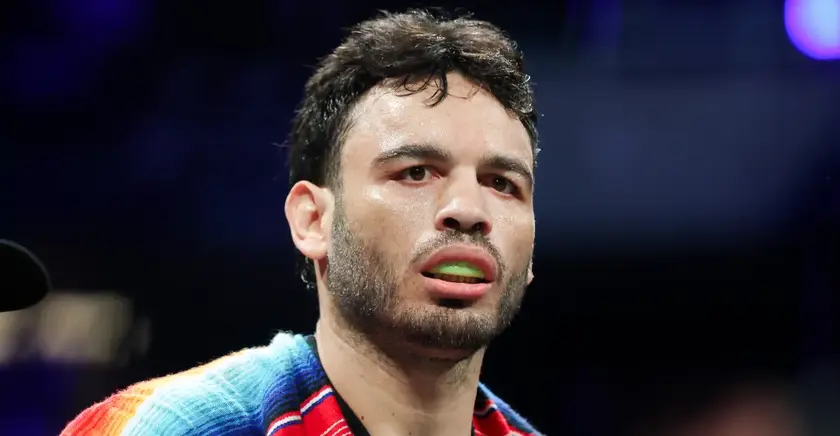
Chavez Jr deported to Mexico after US detention
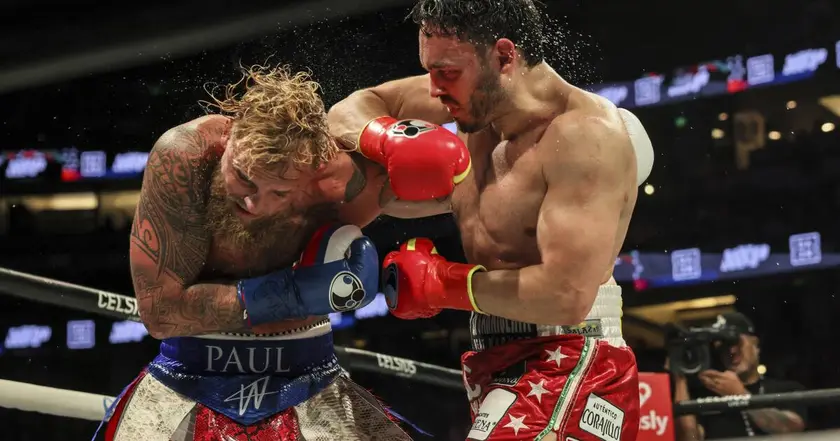
Boxer Chavez Jr Deported to Mexico
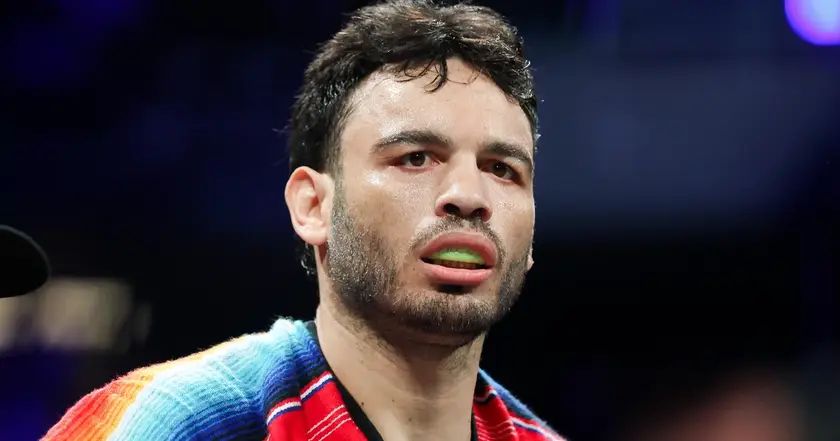
Boxer Chávez Jr Deportation Update
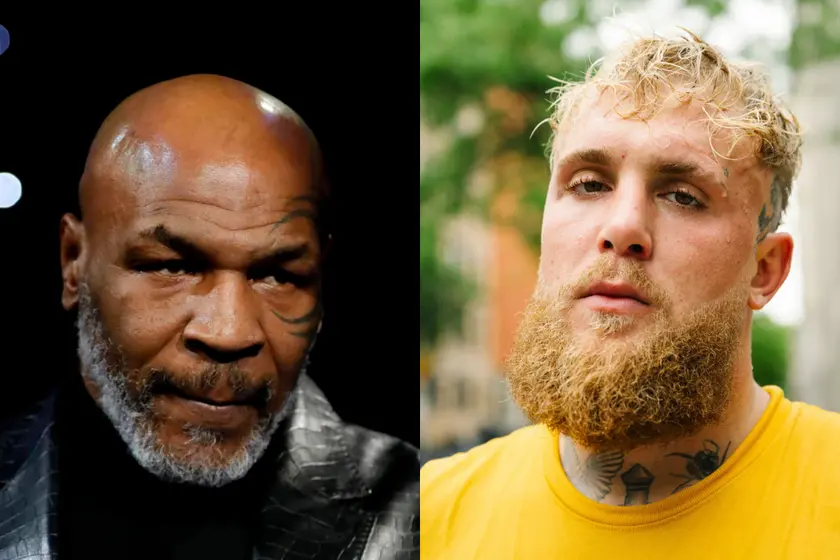
Jake Paul to Fight Julio Cesar Chavez Jr
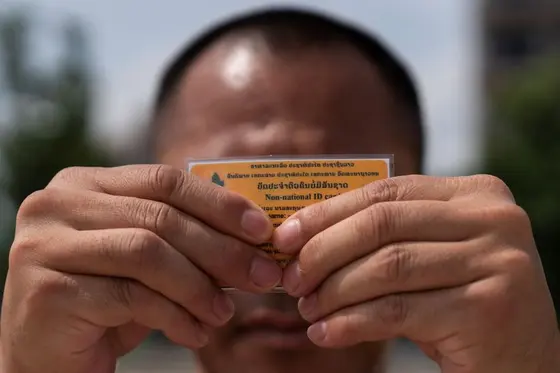
Trump administration deports immigrants to third countries
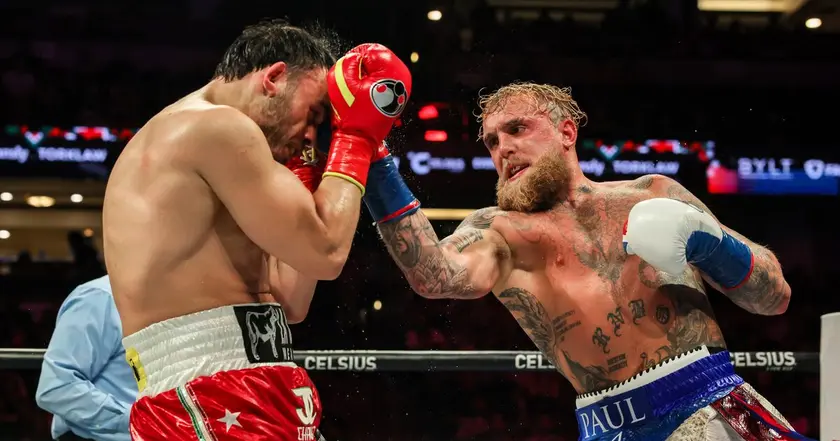
Jake Paul defeats Julio César Chávez Jr. in boxing match

Jake Paul Claims Greatest Since Muhammad Ali
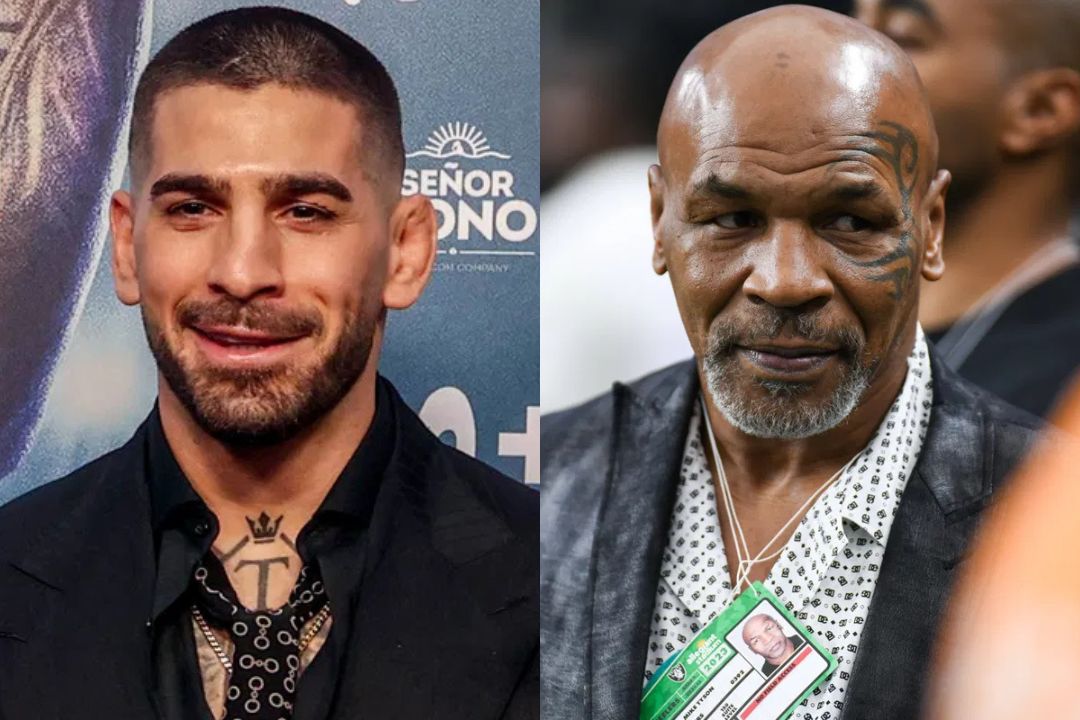
Ilia Topuria defeats Charles Oliveira at UFC 317
